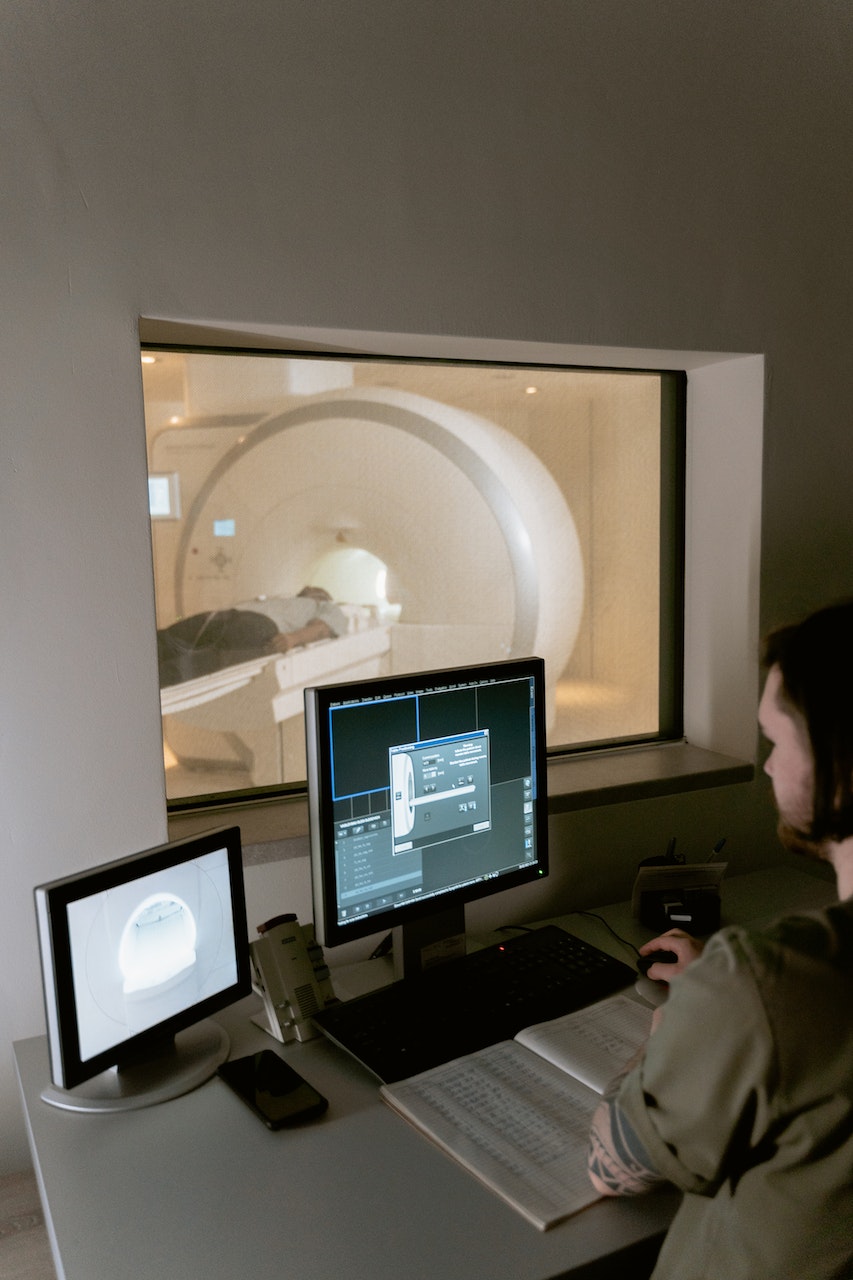 There are, literally, loads of acts, rules and regulations that employers must abide by to ensure the health and safety of their staff is always maintained adequately. If your employers have good practices and procedures in place to ensure all of these are followed, there should rarely be any accidents or incidents taking place.
There are, literally, loads of acts, rules and regulations that employers must abide by to ensure the health and safety of their staff is always maintained adequately. If your employers have good practices and procedures in place to ensure all of these are followed, there should rarely be any accidents or incidents taking place.
Your employers, for example, have a duty in the following common areas of regulation:
Traffic Routes (Floors, walkways, paths etc)
Your employer must ensure that all traffic routes and walkways are free from defects and hazards. To uphold this, there should be a regular system of inspection and maintenance in place to ensure that any defects are rectified or cordoned off, and any spillages or other material hazards are removed as quickly as possible. The simple example is that it must be someone’s job to look out for spillages on a regular basis, and make sure to cordon them off and clear them away as soon as they are spotted. A regime should be in place to check for these – e.g. every half an hour for each area or so.
Work Equipment
If you use any equipment at work, such as drills, a sewing machine, or any other pieces of equipment that you use to do your job, you should be fully trained in how to use it safely, and any potentially dangerous machinery should have adequate measures to prevent you from coming to harm. For example, a huge rubber mould machine should have guards to prevent you accessing dangerous parts of the machinery. Emergency stop buttons must be numerous and accessible in case of emergency.
Personal Protective Equipment
If there is any aspect of your job that could unavoidably harm you then your employers must provide you with adequate protective equipment to prevent you from coming to any harm. For example, if you work on a building site, your employers should provide you with sturdy boots and a hard hat. If you have to handle potentially dangerous or hot liquids, your employers should provide you with gloves and coveralls.
It’s important to remember that it’s the responsibility of your employer – not you – to provide you with this equipment. You shouldn’t ever have to contribute towards any of it at all as well. It’s your employers’ responsibility to sort this out!
Manual Handling
If you have to undertake any manual handling activities at all, your employer has an important duty to fully risk assess it, and make sure you are provided with thorough and adequate training in how to lift and manoeuvre heavy and awkward items safely.
In any event, all manual handling activities must be kept to a minimal as much as possible with work equipment, and there should be an adequate number of staff to carry out the tasks. This, of course, is very important; you don’t want to end up injuring one of the most vital parts of your body – your back!
If you end up being injured at work in an accident through no fault of your own, you should speak to an expert injury lawyer as soon as possible to find out if you have a claim. If you do, all that happens is your compensation is recovered from the insurance your employers must legally hold. It’s a normal, natural process, and there is no legal comeback on you for claiming.

 There are, literally, loads of acts, rules and regulations that employers must abide by to ensure the health and safety of their staff is always maintained adequately. If your employers have good practices and procedures in place to ensure all of these are followed, there should rarely be any accidents or incidents taking place.
There are, literally, loads of acts, rules and regulations that employers must abide by to ensure the health and safety of their staff is always maintained adequately. If your employers have good practices and procedures in place to ensure all of these are followed, there should rarely be any accidents or incidents taking place.









